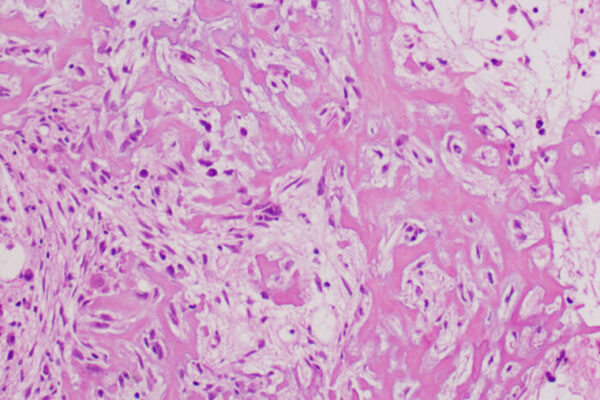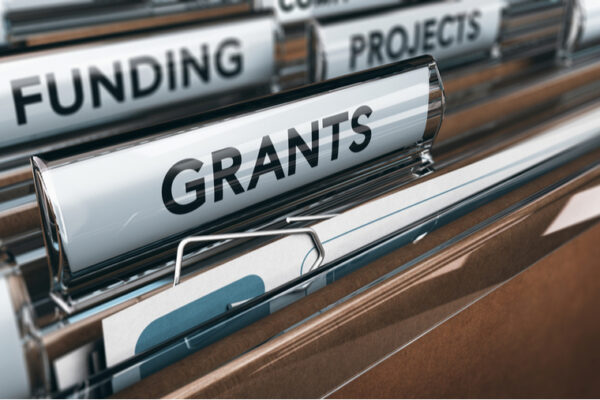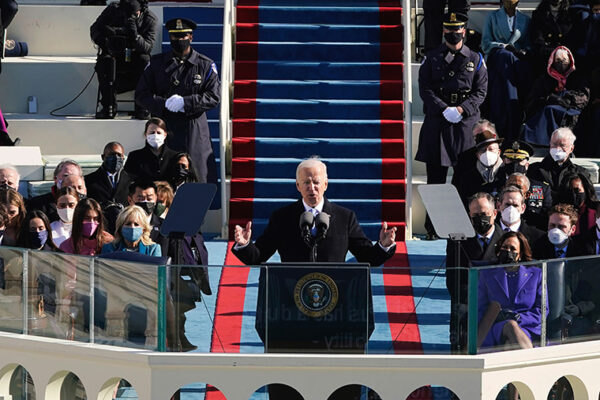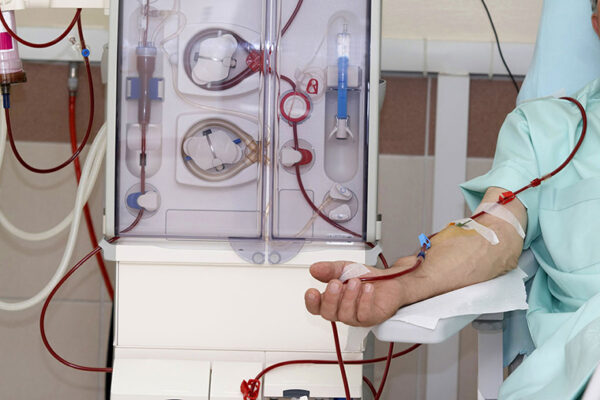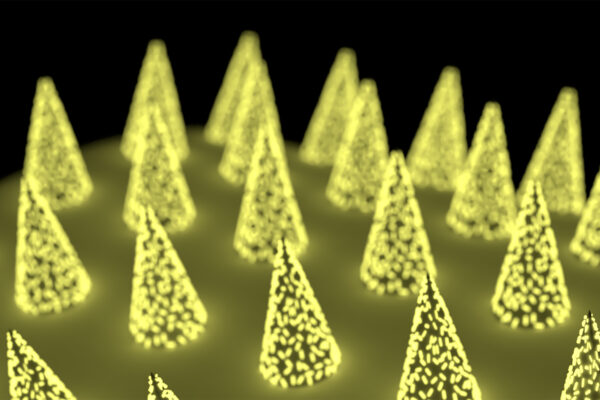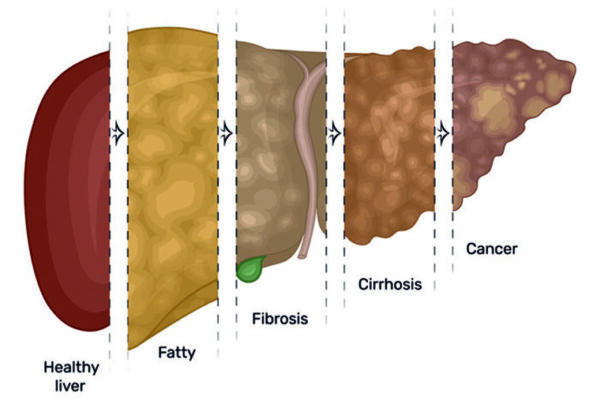Nixing bone cancer fuel supply offers new treatment approach, mouse study suggests
A new study from Washington University School of Medicine suggests that a two-drug combination targeting a tumor’s energy sources could be as effective and less toxic than methotrexate, a long-used chemotherapy drug often given in high doses to treat osteosarcoma, a bone cancer.
Fighting racial inequity by funding Black scientists
Washington University’s Princess Imoukhuede and Lori Setton join more than a dozen of their colleagues across the country calling for racial equity in federal funding of biomedical engineers.
Biologist Landis awarded NSF grant to model evolution of Hawaiian plants
Michael Landis, assistant professor of biology in Arts & Sciences at Washington University in St. Louis, applies newer statistical and computational methods for insights into how biodiversity is generated, maintained and lost.
This is not the time to raise federal minimum wage
Radhakrishnan Gopalan, professor of finance at the Olin Business School at Washington University in St. Louis, says President Joe Biden’s plan to raise the federal minimum wage to $15 per hour is too aggressive. His research shows raising the minimum wage now could slow job growth.
Imaging agent may help gauge kidney health
Researchers at Washington University School of Medicine have developed an imaging agent that could help refine assessments of kidney health, potentially salvaging some otherwise discarded donor kidneys.
Lots of water in the world’s most explosive volcano
Michael Krawczynski, assistant professor of earth and planetary sciences in Arts & Sciences at Washington University in St. Louis, and graduate student Andrea Goltz investigate the deep, inner workings of Shiveluch, a volcano on a remote peninsula in northeastern Russia.
No more needles?
WashU engineers have developed a biosensing microneedle patch that can be applied to the skin, capture a biomarker and, thanks to its unprecedented sensitivity, allow clinicians to detect the biomarker’s presence.
Aerosol particles naturally form over the open sea
Research led by Jian Wang, professor of energy, environmental and chemical engineering at Washington University in St. Louis, uncovers a previously undocumented source of aerosol formation, which will improve climate models.
Lessons and cautions from 1965 to fight white supremacy
David Cunningham, chair of sociology at Washington University in St. Louis, says Biden’s administration can and should make every effort to defeat the rise of political extremism and white supremacy, but should also be aware of unintended consequences.
Study reveals links between fatty liver disease, liver cancer
Researchers at Washington University School of Medicine in St. Louis have found that a protein involved in regulating lipid levels in the liver and blood also promotes development and progression of fatty liver disease and liver cancer in mice.
View More Stories
